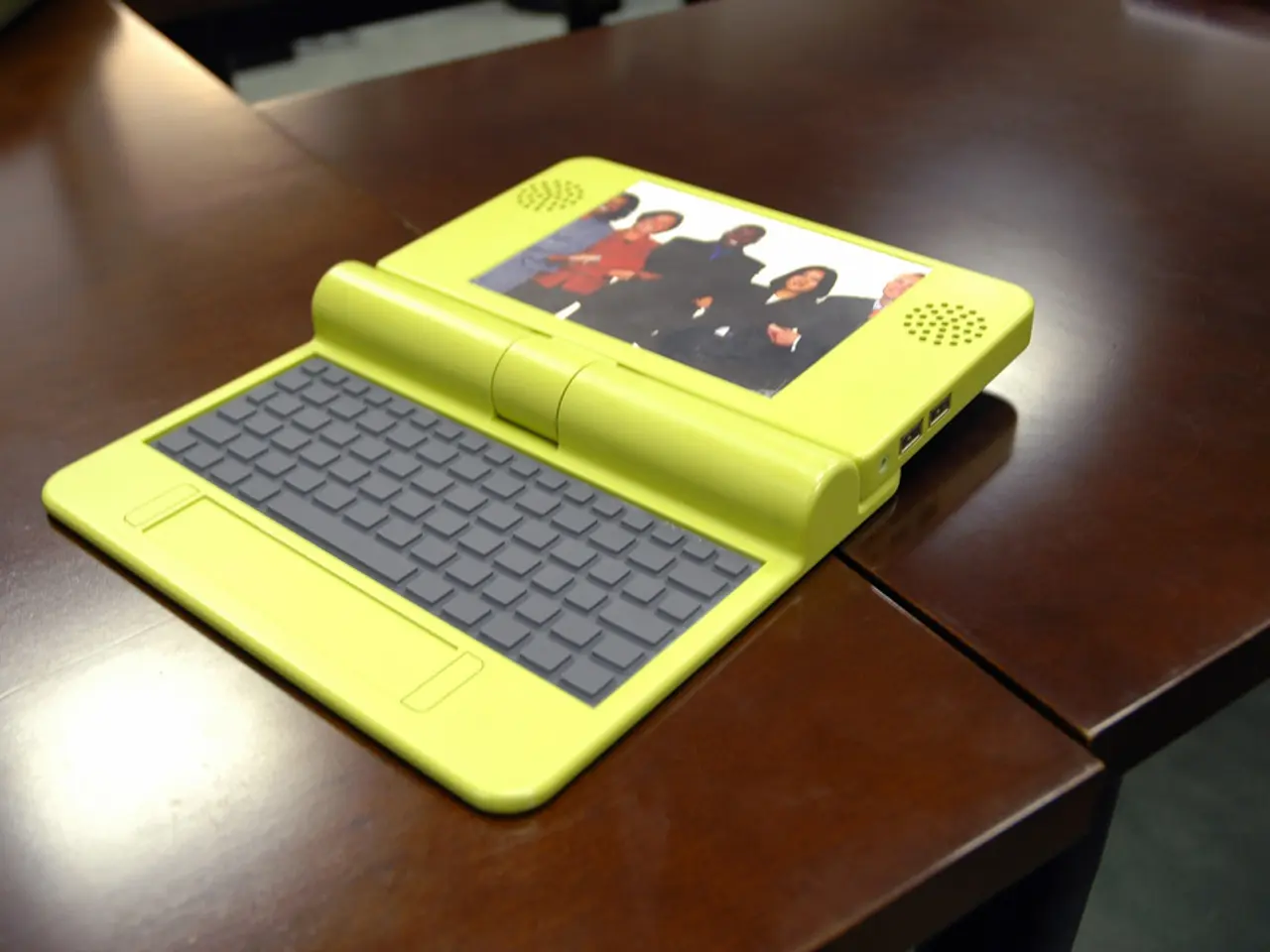Examination Guidelines for Using Laptops in International Baccalaureate (IB) Examinations
In the pursuit of academic success, students with disabilities or temporary injuries may require accommodations to level the playing field during International Baccalaureate (IB) exams. This article provides a step-by-step guide on how to apply for laptop use as an accommodation.
Eligibility for laptop use extends to students with documented disabilities, such as learning disabilities like dyslexia or dysgraphia, or physical disabilities like arthritis, cerebral palsy, or injuries impairing hand function. Temporary injuries, such as a broken arm or wrist, may also necessitate the use of a laptop.
The application process involves several steps:
1. School Support: Students typically work with their IB coordinator or school's special education office to begin the process. The school compiles evidence of the disability or injury, including professional documentation like medical or psychological reports.
2. Formal Request: The school submits a request for "access arrangements" or "inclusive access" to the IB, specifically requesting laptop use. This often involves completing an online form or official documentation to explain the need and show supporting evidence.
3. IB Approval: The IB reviews the request and documentation. If approved, the use of a laptop is allowed for the student's exams under specified conditions.
Conditions for laptop use typically involve typing answers instead of handwriting, practicing with the laptop beforehand, using software that complies with IB policies, taking exams in a separate room under supervision, and adhering to the same time constraints during practice as will be faced during the actual exam.
It is crucial to make applications for accommodations well in advance of exam sessions, following your school's guidance and IB deadlines. For accurate and official procedures, students or guardians should contact their school's IB coordinator or consult the official IB website section on "Access and Inclusion" or "Inclusive Access Arrangements."
For more tips on preparing for IB exams with accommodations, visit RevisionDojo for personalized study resources and support. Understanding keyboard shortcuts can improve efficiency during the exam, and practicing mock exams under timed conditions using a laptop can help get used to the setup and reduce anxiety on the actual exam day.
The International Baccalaureate aims to provide fair and equal access to its assessments, accommodating students with specific needs. Access arrangements, such as the use of a laptop, are designed to remove barriers without giving an unfair advantage. If a student believes they are eligible for laptop use during their IB exams, they should start the process early by discussing their needs with their school's special educational needs coordinator (SENCO).
While this article provides a general guide, it is essential to note that the specifics may vary between schools and locations. For detailed and location-specific instructions, students or guardians should consult their school's IB coordinator.
Related Articles: Does the IB Care if I Have Undiagnosed Extreme Anxiety?, Which People Have Exemptions in IB?, How Much Extra Time Do I Have as a Special Needs Child in IB Exams?
Education and self-development can be enhanced for students with disabilities or temporary injuries by utilizing mock exams conducted on laptops. Such mock exams, when practiced under timed conditions, can help students get accustomed to the setup, reducing anxiety during the actual International Baccalaureate (IB) exams. These accommodations, including the use of laptops, aim to level the playing field and provide fair access to IB exams, ensuring that all students have an equal opportunity for academic success.




